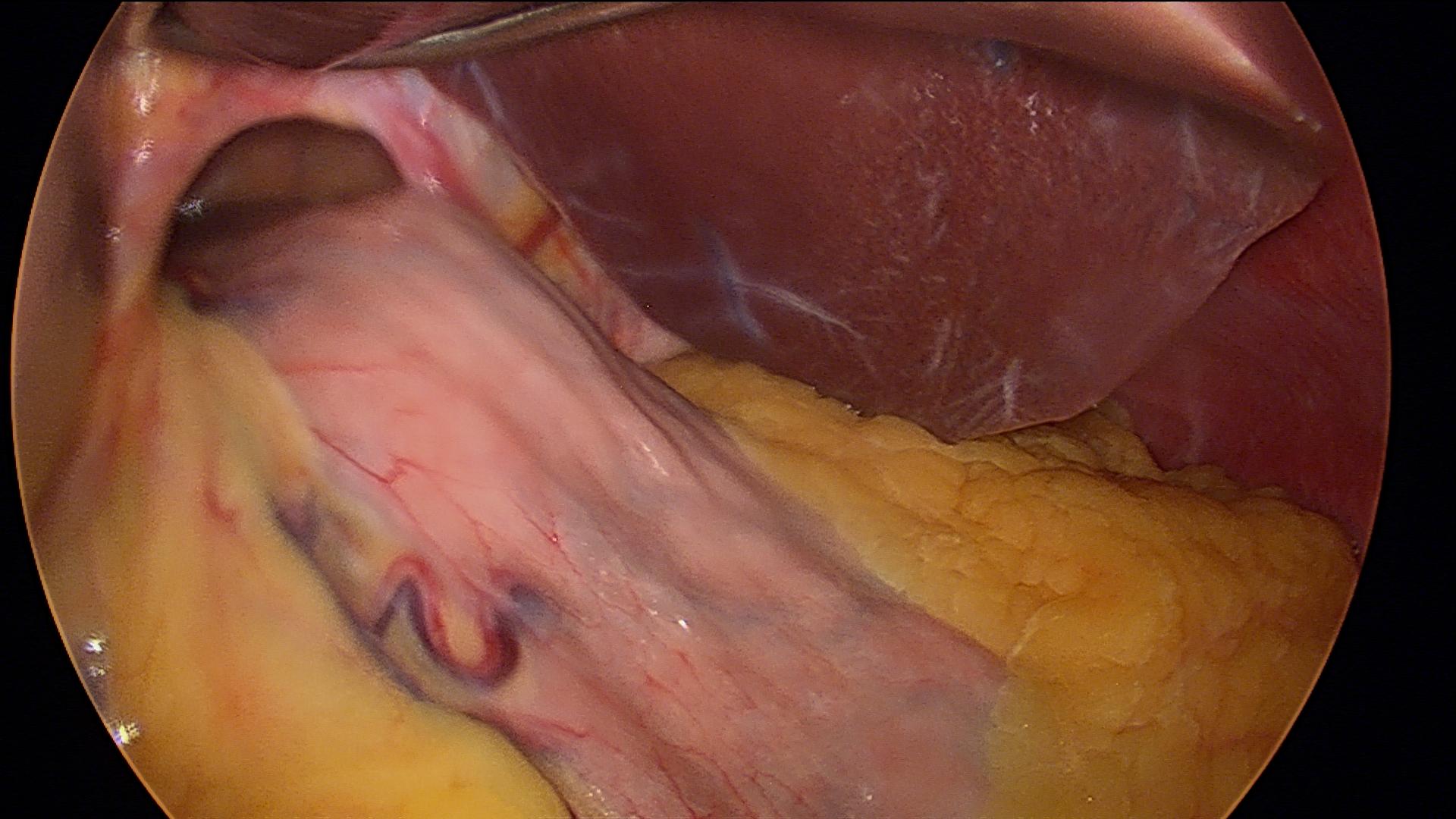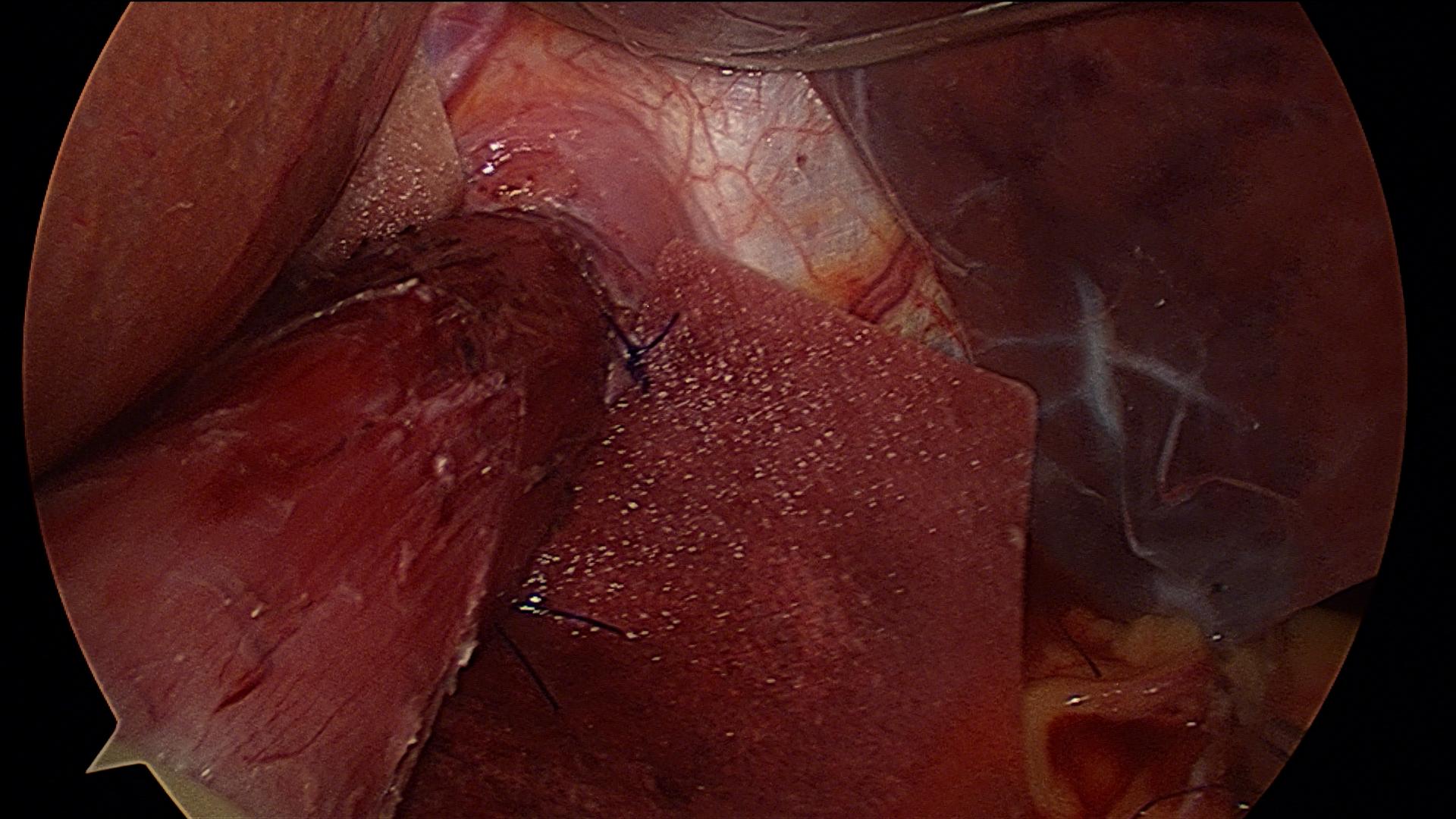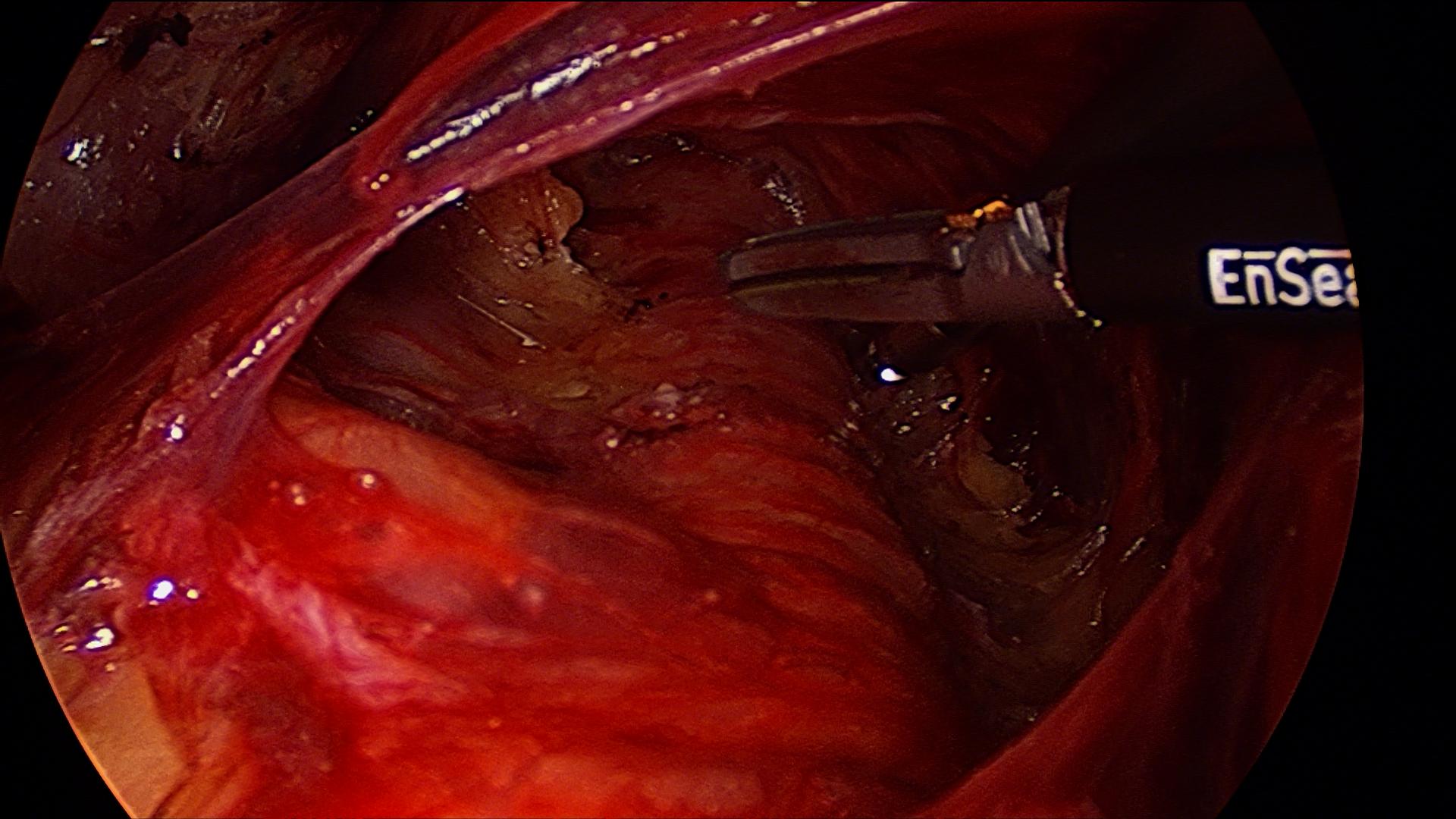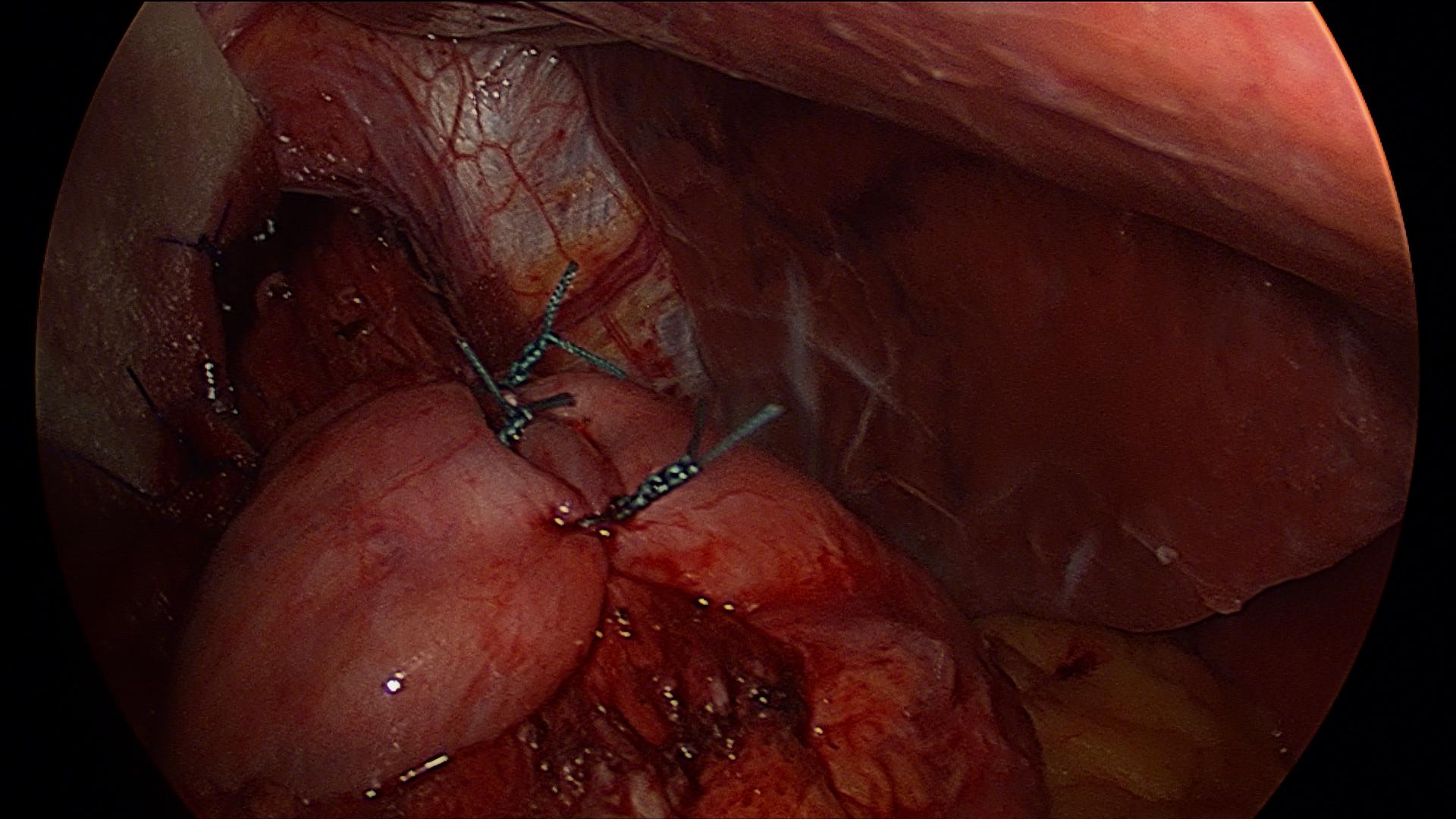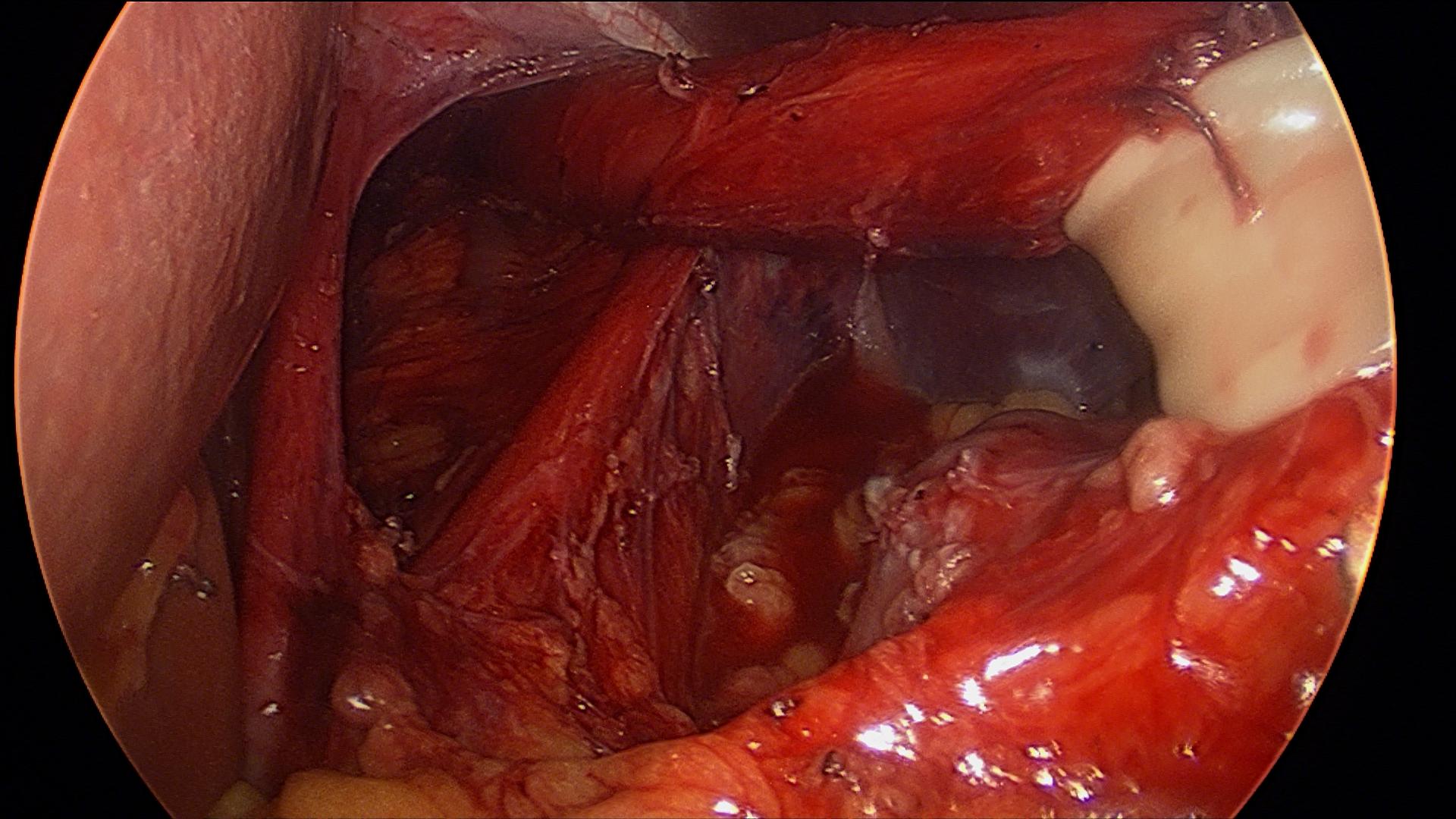GERD / Hiatal Hernia Treatment
GERD
is a condition where food and stomach acid reflux into the esophagus. Symptoms may include a burning sensation in the back of the throat, chest pain, choking, difficulty swallowing, a sour taste and cough. Left untreated, GERD could damage the lining of the esophagus and lead to complications such as scarring, ulcers and esophageal cancer. Some diseases can mimic GERD but have a completely different treatment. ( see Heartburn Center link ).
Treatment of GERD
Diet and lifestyle modifications are often successful GERD treatments, including avoiding caffeine, tobacco and alcohol; sleeping with the head of the bed propped up; eating small meals and not eating near bedtime. The next line of therapy includes anti-acid medications, including proton pump inhibitors (omeprazole). Theyre best taken before meals to be activated and block the acid-secreting cells. H2-blockers (ranitidine) work faster and can be taken after meals, but their effects lessen with continued use. Calcium carbonate formulations offer immediate relief but do not prevent the long-term complications of GERD. Lifelong medications may have side effects ( see FAQ ).
For many patients, a Nissen fundoplication is the best option with the best long-term success rates >90% over 20 years. This surgical procedure restores the valve-mechanism at the end of the esophagus to prevent reflux from occurring. Advancements in laparoscopy have made it safe and very successful when performed by a fellowship-trained, laparoscopic surgeon. Alternative endoscopic procedures are also offered for GERD. These have poor, long-term success rates. Failure rates are up to 50% within 1 year.
